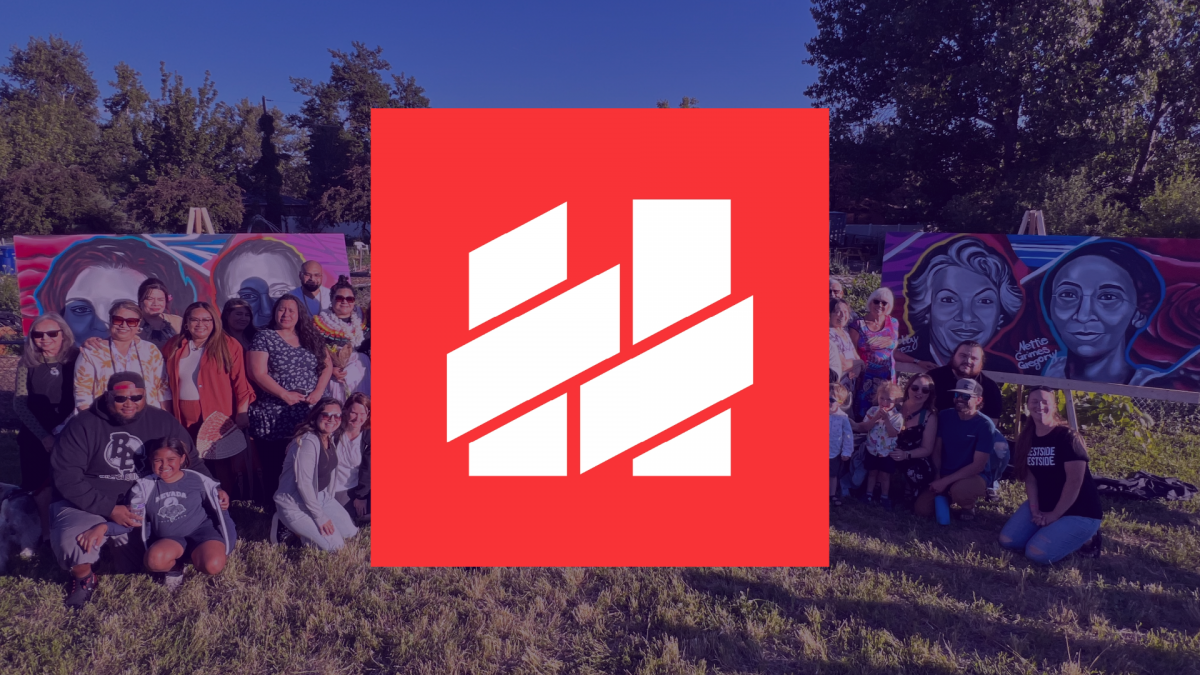By: Maddison Tenney, Women’s History Initiative Intern for Winter 2023. Tenney is a graduate from BYU who is now attending Harvard Divinity School. She loves women’s history, throwing ceramics, and building communities. Read more about her experience working with the Utah Historical Society below.
When I started my internship with the State History Department, I was beyond excited to meet the team, delve into Utah Women’s History, and help build Utah’s legacy of women building history.
Growing up on a weekly diet of mid-2000’s PBS, National Geographic magazines, and the History channel, our past has fascinated me from the beginning. Well, my beginning at least. My parents took me to local libraries, read-a-thons about historical figures, children’s festivals with booths where I learned to grind coffee and pan for “gold,” and long car rides with books on tape about American history.
“Starting college, I was re-exposed to Utah history and fell in love with our complex and diverse past.”
However, as I got older, history became less and less an integrated practice and turned into a weekly 45 minute class much less hands-on and filled with dates and names to memorize. As I entered high school, I wanted to reconnect with Utah women’s history but I didn’t know where to start. Because of my religious upbringing, I had experience with women in our faith, so I focused my pursuits on their lives. Starting college, I was re-exposed to Utah history and fell in love with our complex and diverse past. I looked forward to attending lectures about Ogden’s past, learning about the nuances of women who practiced polygamy, and indigenous histories of the land and peoples that were here long before the pioneers.
History is for everyone.
History isn’t just something I had to memorize – the practice of being a historian wove itself into my daily life. From podcasts, art museums, books, and events, our past has become my present because I wanted to find connection. What kept me glued to the TV or to the pages of library books was not fun facts, but the complex and fascinating stories of people’s lives. From my experience, there seems to be an assumption that upcoming generations, specifically Gen Z, do not care about history. From my experience, nothing could be further from the truth.
Swimming in a digital experience, I’ve watched historical events and figures become integrated into the language of the internet. The intertextuality permeates every platform, so it has always surprised me hearing that historical organizations have a hard time generating engagement with “the youths.”
Making history accessible.
I started on the internet by looking up videos, listening to podcasts, and finding social media accounts focused on sharing important stories. Then, I started adventuring offline to art museums, history museums, lectures, and events. I wanted to be engaged, I wanted to learn, and I wanted to become a part of shaping Utah’s history.
As historians, we have an obligation to record events for the future, and a part of that is recording it in ways that will be accessible. By using social media, videos, or engaging digital formats, we increase the likelihood that history will become tangible for someone who may have never otherwise chosen to engage with it. My online experiences helped me find where I wanted to start learning, and gave me a community of other learners, and introduced me to terms I hadn’t learned before.
“I challenged my assumptions and increased my capacity for empathy…”
While I learned dates and facts in the classroom, I was drawn in when teachers leaned into the complexity of history. When we delved into Utah’s legacy of Indian Boarding Schools, the underground adventures of Historic 25th Street, and Juanita Brook’s uncovering of the Mountain Meadows massacre, I challenged my assumptions and increased my capacity for empathy for others. I learned to hold multiple perspectives, not because we avoided hard topics, but because they supported my learning journey by leaning into the human experiences that shaped historical events.
That kind of integration is what I found online. Sure, there were plenty of one-sided perspectives or incomplete narratives, but social media and the internet expanded my access to the wide expanse of history. Video-based platforms made history personable as I listened to people tell their stories, and the stories of their ancestors.
When I walked into my first in-person meeting with the Utah Historical Society (UHS), I was so excited to help connect more people like me who were re-discovering their passion for history. So, if you’re anything like me, and you want to find the stories of people who’ve come before you, you want to find community, and you want to build empathy, then check out my video series about what being a UHS intern has encompassed. From helping with events in the State Capitol to delving into the archives, this internship helped show me the numerous ways folks in Utah can get involved. Our job is to make our stories accessible, so let’s learn to digitally translate together!

